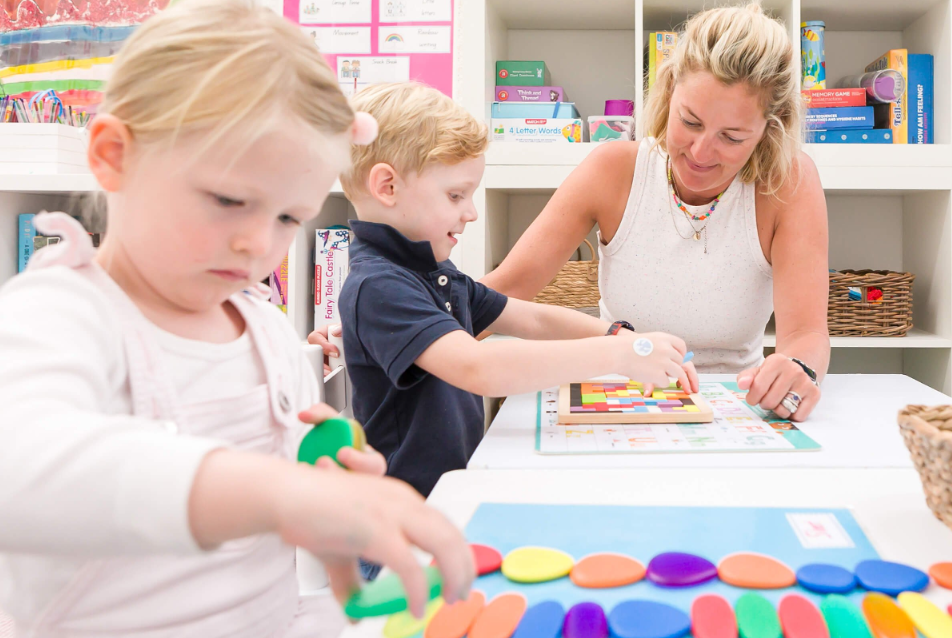In the vibrant world of education, the importance of nurturing little learners from an early age cannot be overstated. These initial years are not just about learning basics but also about laying a solid foundation for lifelong learning and development. This blog delves into the essence of early education and how it shapes the minds and futures of our youngest scholars.
The Significance of Early Education
Early education goes beyond mere academic learning; it is about igniting curiosity, fostering creativity, and instilling a love for learning in children. During these formative years, children are like sponges, absorbing everything around them with wonder and enthusiasm. It is crucial, therefore, that their first encounters with education are positive, encouraging, and rich with opportunities for exploration and growth.
Creating a Conducive Learning Environment
A conducive learning environment offers a balance between structured learning and free play. It should cater to the holistic development of children, addressing their cognitive, emotional, social, and physical needs. Such environments encourage little learners to express themselves, ask questions, and explore their interests, thereby promoting self-directed learning and critical thinking skills.
The Role of Educators and Parents
Educators and parents play pivotal roles in the early education of children. Teachers, especially those specializing in little learners early education, are trained to recognize the unique needs and learning styles of each child. They provide tailored experiences that challenge and engage young minds, preparing them for the complexities of future learning.
Parents, on the other hand, are the primary educators of their children. Their involvement in their child’s learning journey—be it through reading stories, engaging in play, or exploring the natural world together—significantly impacts the child’s development and attitude towards learning.
Embracing Technology in Early Education
In today’s digital age, integrating technology into early education can enhance learning experiences for little learners. Interactive apps and educational games can make learning fun and engaging, helping children develop digital literacy alongside traditional skills. However, it’s essential to balance screen time with hands-on activities and outdoor play to ensure a well-rounded education.
Conclusion
The journey of little learners in the realm of education is both fascinating and critical. By providing them with a nurturing environment, supportive educators and parents, and the right blend of technology and traditional learning, we pave the way for their success in school and beyond. As we embrace the challenges and joys of educating these young minds, let us remember that the future lies in their hands, and it is our privilege to guide them towards it with love, patience, and dedication.
